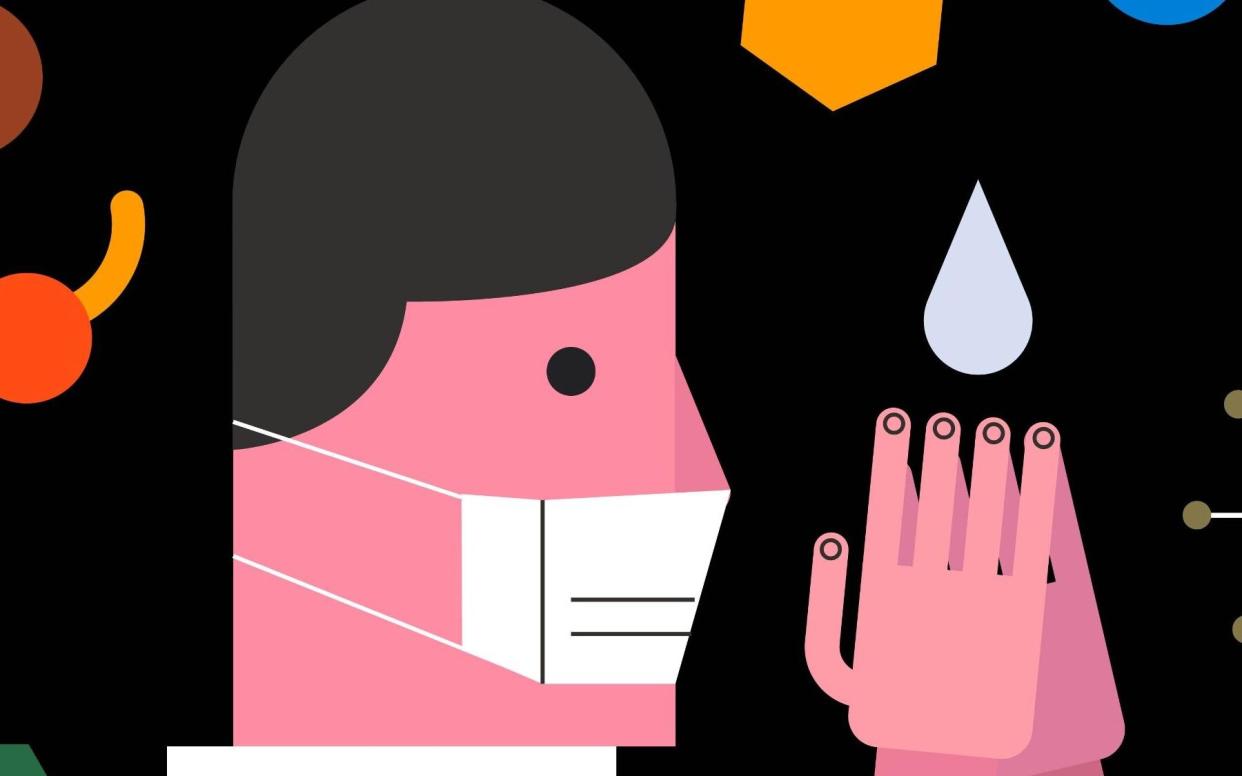Covid variant has high number of mutations but there is ‘no evidence’ it is more severe

The new coronavirus variant has an unusually high number of mutations, scientists have said, but may turn out to be less dangerous.
Researchers from Cog-UK – a network of scientists monitoring genetic changes to the virus – said that they had found 17 mutations, many of which were alterations to the spike protein, which the virus uses to latch on to human cells.
Changes to the spike protein are worrying because most vaccines encourage the immune system to spot the spike protein, so if the shape alters it becomes less visible. It also may stop people being immune if they have already had the disease before.
The new variant, named “VUI – 202012/01” was first discovered in September and has gained traction in the past few months particularly in areas of the East and South East of England, which have also seen alarming rises in spite of lockdown.
It has led researchers to worry that the mutations may mean the disease is more infectious, but they said even if it is transmitting more, it may not make the virus more lethal.
Sharon Peacock, director of Cog-UK, and Professor of Public Health and Microbiology at the University of Cambridge, said: “Mutations are completely expected and natural and arise in the genome as part of nature and many thousands have already arisen in the genome since 2019.
“There is no evidence to suggest the mutations are something that would cause more disease and mutations don’t necessarily go towards more severe disease.
“It might be less disease because a weaker virus is more likely to exist in the host for longer, and so be able to spread more easily.”
“There are several variants of coronavirus circulating in Britain and the most common one is from a lineage found originally in Spanish agricultural workers, suggesting much of the UK disease was imported from mainland Europe.”
The Cog-UK team has been studying the genetic make-up of the virus in one in 10 polymerase chain reaction (PCR) tests which are sent to laboratories for processing.
They have found that around Norfolk, 20 per cent of cases are from the new variant and there are also high numbers in Essex and London. It has also now been found in Wales and Scotland.
Professor Nick Loman, a member of Cog-UK from the Institute of Microbiology and Infection at the University of Birmingham, said: “It’s probably evolved in the UK, there are very few examples of this variant in other countries so it’s really a UK phenomenon.
“We’re seeing a rapid growth rate. It’s quite unusual because if you see a large number of cases in a city, you usually see a large number of lineages and slightly different variants.
“Here we’re seeing a really sizable fraction from this variant, which gives us a little more concern and is a little more unusual. We usually see this if you have an outbreak, say in a hospital.
“It has quite a significantly larger number of mutations than we would expect to see.”
The variant may mean the vaccine needs “tweaking” but the process should be easy, a member of the Scientific Advisory Group for Emergencies (Sage) said.
Professor Calum Semple, of Liverpool University, said that the new type of vaccine produced by Pfizer and Moderna could be altered to tackle the new mutation in as little as six weeks if necessary.
The Pfizer and Moderna vaccines work by sending a piece of genetic code into the body which instructs human cells to build the spike protein. But the code could be rewritten to produce the mutated version.
“The new vaccines are essentially like emails that we send to the immune system, and they're very easy to tweak,” Prof Semple told the BBC.
“So if we know that the lock has changed very slightly, we just have to edit that email, change a word or two and then the vaccine that will be ready in six to eight weeks' time after that, will be competent and better targeted to the new strain.
“So this is not a disaster. This isn't a breakdown in all our plans. This is just what we expect with a new virus, and it's what the scientists and the doctors have come to understand, and we will adapt.”

